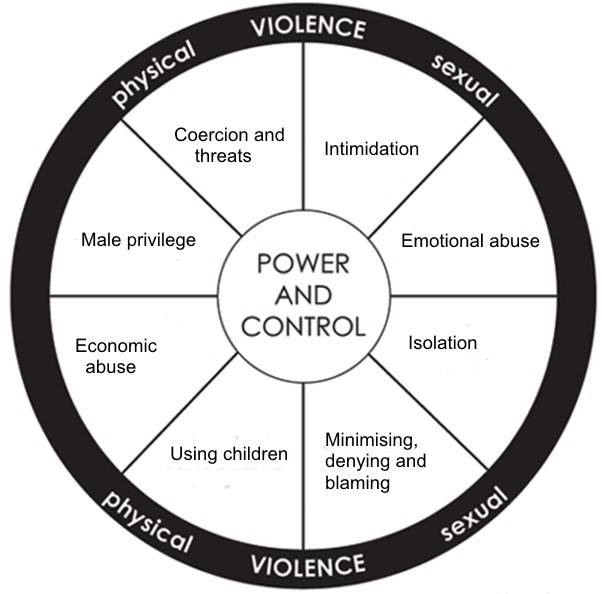In bringing awareness to National Domestic Violence Awareness Month we wanted to bring light to the fact that abuse does not just affect the partner being abused first hand. Second hand abuse is real and unborn babies and children are directly affected when their mother or father is living through domestic violence.
Understanding how violence within a home can cause children to suffer in the moment as well as in the future are important components to take into consideration. When a child is exposed to an environment that causes turmoil, there is always a level of fear or uncertainty that comes with it; bringing about instability and emotional trauma at some level. One must have a better grasp of what violence and its effects look like to be able to help themselves or someone they love when it comes to leaving and healing.
HOW TO RECOGNIZE VIOLENCE AND HOW IT IMPACTS BABIES AND CHILDREN
Domestic abuse doesn’t just present itself physically. Emotional and psychological abuse also presents themselves in many forms; creating traumatic moments for the children that create lasting issues. Infants and children exposed to abuse or abused themselves are at risk of:
- Attachments issues and struggles
- Post Traumatic Stress Disorder issues
- Sleeping and eating struggles/ nightmares
- Delays in their physical, emotional and mental development
- Learning to solve problems through violence themselves
- Social anxiety or struggles socializing
- Aggressive behavior
- Lack of healthy emotions or any emotions
- Lack of concentration
- Bedwetting or inability to toilet train
- Depression/ Anxiety
- Suicidal thoughts
- Self Harm or substance abuse
HOW TO RECOGNIZE VIOLENCE AND HOW IT IMPACTS A PARENT
- Withdrawn or nervous when around their partner
- Physical signs like bruising or other more severe injuries
- You witness their partner being critical of them on a regular basis
- Work excessively hard to please their partner
- They are required to check in with their partner, or their partner is constantly checking in with them
- They are unable to be around others without their partner being with them
- Their partner controls their finances and other resources
- They are isolated from family and friends
HOW CAN YOU HELP A BABY OR CHILD IN AN ABUSIVE SITUATION
If you are a family member, community member or friend that is concerned about the welfare of a child, it is crucial for you to be a resource of help for the parent experiencing the abuse. Watching for signs and symptoms of exposure to violence is the first step to helping everyone involved. Speak with the victim in a safe place if possible and let them know that you are there to help however you can. You may find that the help you offer is not immediately taken or that the help you offer is not received in a positive manner. Regardless, continue to give your support and monitor the situation as best you can.
1- If you find that the parent or child is in immediate danger- call 911.
2- If the parent is willing to leave the situation and is in need of shelter and safety, contact your local domestic violence shelter. If you are in our area you can contact the YWCA of Van Wert County at 567-259-9501.
3- If the parent is unwilling to remove themselves or their child from the situation and you know that the child is experiencing abuse or the secondary effects of abuse, contact your local child protective services agency.

If you or anyone you know needs more information on understanding domestic violence or abuse to a parent or child please contact the PLC Health Clinic at www.plchealthclinic.org or 419-238-9177 and we can guide you in the right direction.
*sources available upon request

